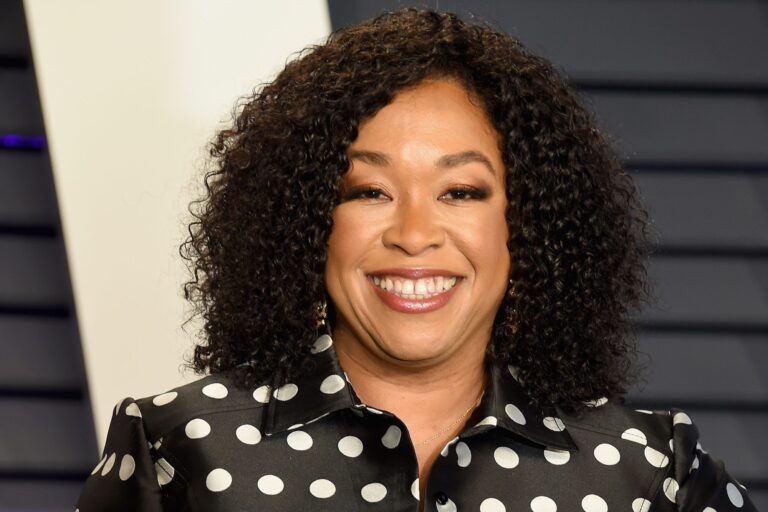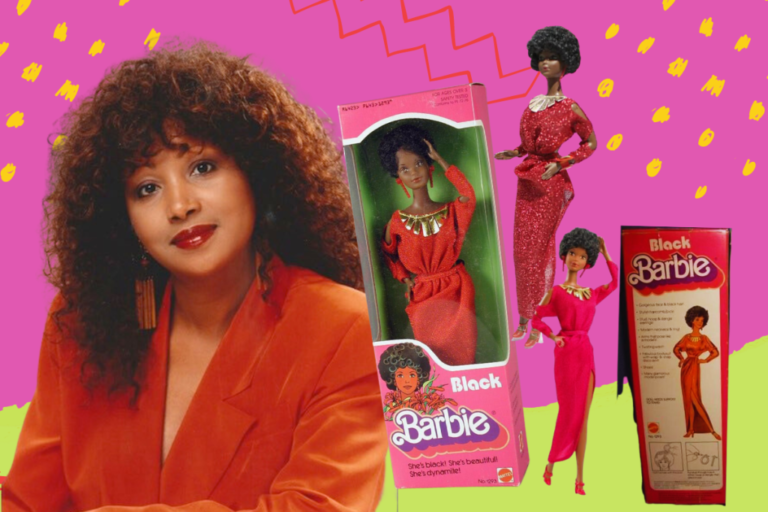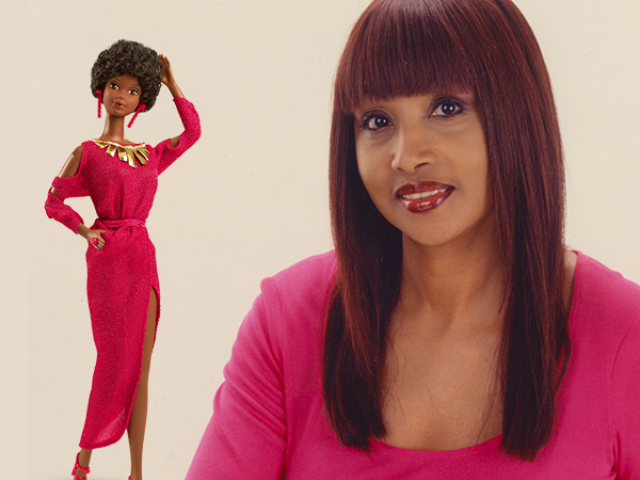Barbie, the beloved doll with a rich history spanning over six decades, is once again in the spotlight. This time, the focus isn’t just on fashion and accessories but on a compelling story of diversity and inclusivity. In an exciting development, Shondaland and Netflix have secured the worldwide rights to “Black Barbie,“ a documentary that unveils the captivating history of the first Black Barbie doll.
The year 1980 marked a significant milestone in the Barbie universe when the first Black Barbie doll was introduced. Directed by Lagueria Davis, the groundbreaking documentary delves into the journey of three extraordinary Black women at Mattel who played an instrumental role in making this historic moment possible.
Debuting as a work-in-progress cut at the SXSW festival, the film garnered widespread acclaim from both the audience and industry experts. This success paved the way for prominent figures to come on board as producers. As part of Shondaland’s ongoing partnership with Netflix, Shonda Rhimes and Betsy Beers will serve as executive producers for this enlightening project.
Davis, deeply connected to this project, expressed her personal journey, saying, “Telling Black Barbie’s story has been such a personal journey, and it warms my heart to celebrate the legacy of my aunt Beulah Mae Mitchell, Kitty Black Perkins, and Stacey McBride Irby in our film. We couldn’t have asked for better collaborators than Shondaland and Netflix to bring this story to the world.”
The documentary promises to celebrate the remarkable impact of these three Black women at Mattel and their influence on the evolution of the Barbie brand as we know it. Through their captivating stories, the film delves into the history of how the first “Black Barbie” came to life in 1980, while also examining the profound importance of representation and how dolls can significantly shape one’s identity and imagination.
The Hollywood Reporter, alongside other esteemed media outlets, has praised the film with positive reviews. Not only does the documentary look back at the historical significance of the first Black Barbie, but it also addresses contemporary issues. It explores topics such as Barbie’s engagement in conversations on racism during the height of the 2020 protests and efforts to give “Black Barbie” her own stories.
The THR review notes, “Interesting as these subjects are, there’s a breathless quality to their unfolding here — an understandable effort to say as much as possible within a limited running time.”
“Black Barbie” joins the ranks of Barbie-related projects, following the massive success of Greta Gerwig’s live-action Barbie movie, which has already grossed an impressive $1.4 billion and counting at the box office.
In a world where diversity and representation are increasingly vital, the “Black Barbie” documentary tells a crucial story that goes beyond the doll itself. It is a story of perseverance, change, and the profound impact that a few individuals can have on an entire industry. As we eagerly anticipate its release, let’s celebrate the legacy of Beulah Mae Mitchell, Kitty Black Perkins, and Stacey McBride Irby, and their remarkable contribution to the world of Barbie. Barbie is back, and this time, her story is more inclusive and inspiring than ever before.


